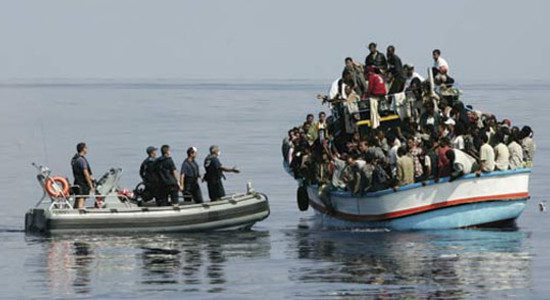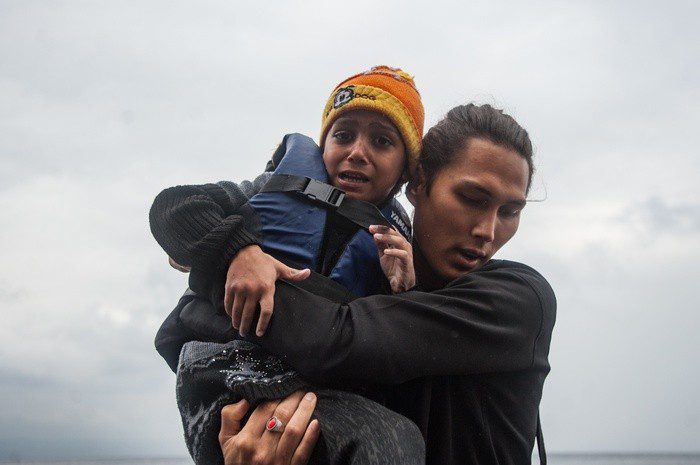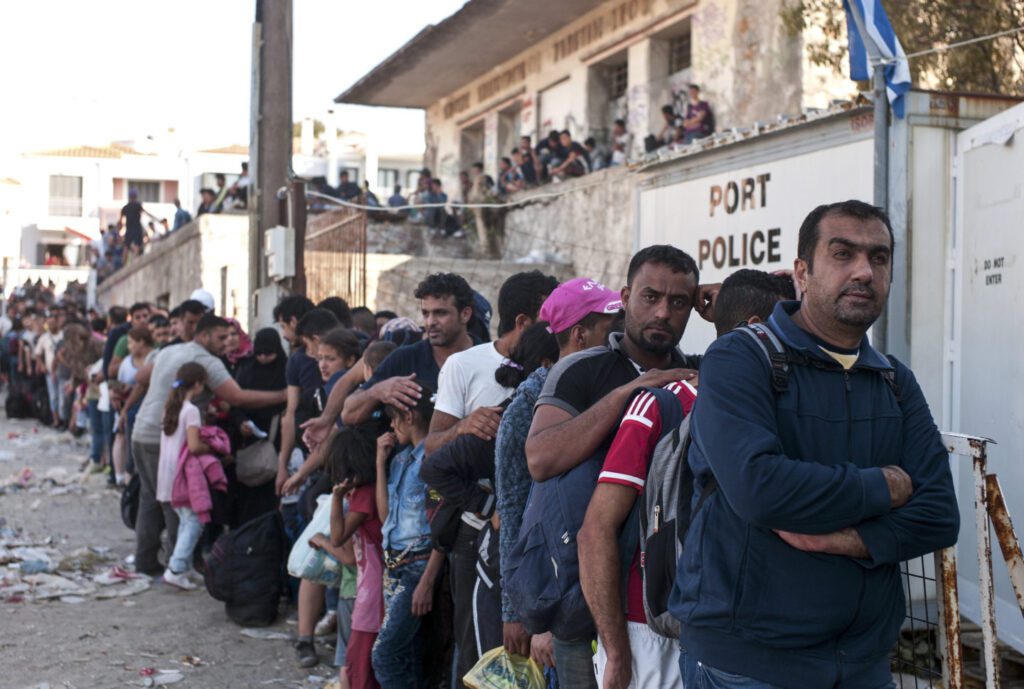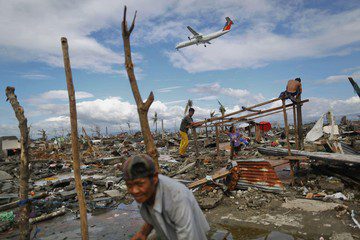Natural disasters have multifaceted social consequences that extend far beyond immediate destruction. Effective crisis management and support for affected communities are crucial in the recovery process and in preventing future crises. Collaboration among various sectors—governmental, non-governmental, and private—is essential for effectively addressing the challenges posed by natural disasters.
Social Consequences of Natural Disasters
Unemployment is one of the most severe effects of natural disasters, with far-reaching consequences for communities affected by crises. Here are the key aspects of this phenomenon:
Job Losses- Destruction caused by natural disasters leads to business closures, directly impacting employment. Sectors such as agriculture, tourism, and construction, which are often the first to suffer from such events, experience a drastic decline in job availability.
Increased Competition for Available Jobs- In the face of rising unemployment, job seekers compete for a limited number of positions. This increases pressure in the job market and may result in lower wages and poorer working conditions.
Long-Term Economic Effects- High unemployment affects the local economy by reducing consumer spending and hindering growth. Diminished economic activity can complicate the recovery process and slow the return to normalcy.


Migration related to natural disasters is a complex phenomenon that significantly impacts both local communities and those to which people migrate. Here are the key aspects of this process:
Forced Displacement
Natural disasters such as floods, hurricanes, and earthquakes often force people to leave their homes. Forced displacement can result from the destruction of infrastructure, lack of access to basic services, or threats to life.
Internal and International Migration
Migrants can be internally displaced (within the country) or migrate internationally. In cases of internal displacement, individuals often move to neighboring regions, while international migration can lead to larger refugee movements, presenting challenges for host countries.

Refugees: In extreme cases, disasters can lead to displacement, as people are compelled to flee from dangers. Refugees may encounter additional barriers, such as access to healthcare, education, and employment.

Health: Extreme weather events, such as heatwaves, negatively impact public health. Rising temperatures can lead to health issues, including heat strokes. Additionally, damage to sanitation and epidemiological infrastructure increases the risk of disease outbreaks.
Water Access Issues: Disasters can cause damage to water supply systems, resulting in a lack of access to clean drinking water. This, in turn, affects residents’ health and leads to conflicts over limited resources.


Natural disasters have the potential to trigger or exacerbate social and political conflicts. Below are the key aspects of this phenomenon:
Increased Social Tensions
Natural disasters can lead to intensified social tensions, especially in the context of competition for limited resources such as water, food, and shelter. In times of crisis, social groups may begin to compete for these resources, which can result in conflicts.
Social Inequalities
Disasters often reveal and deepen existing social inequalities. Individuals from marginalized groups, who already have limited access to resources, may find themselves in even more difficult situations. This exacerbation of vulnerability can lead to frustration and unrest among affected populations.
